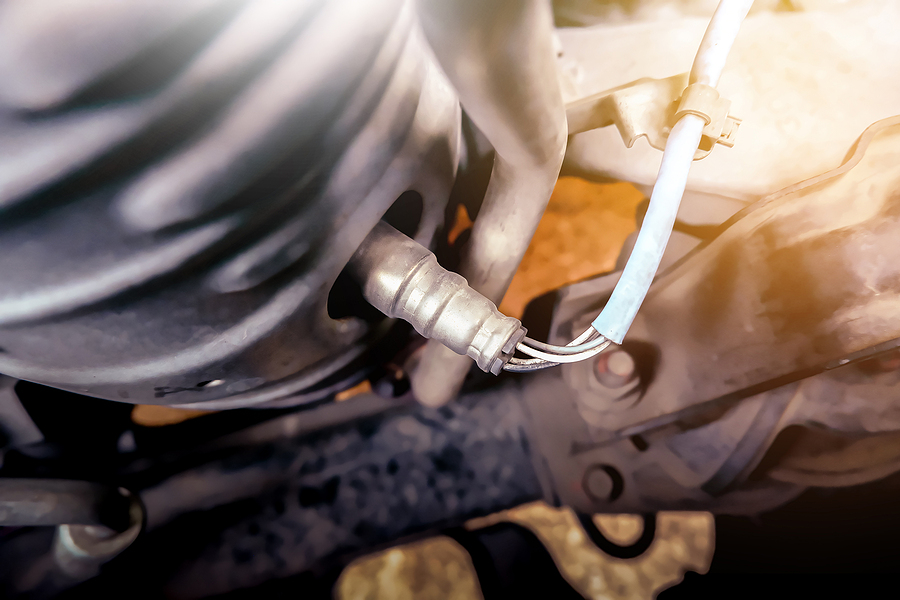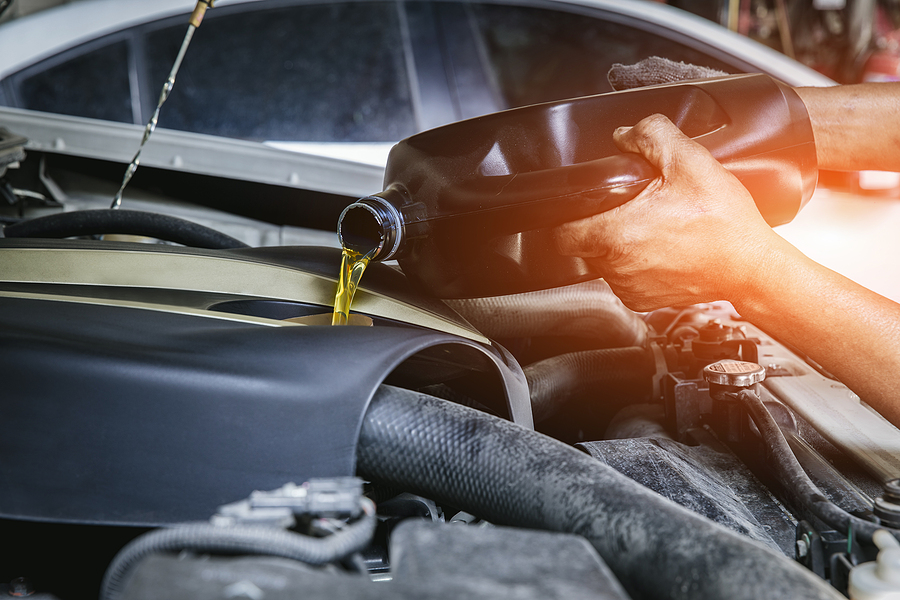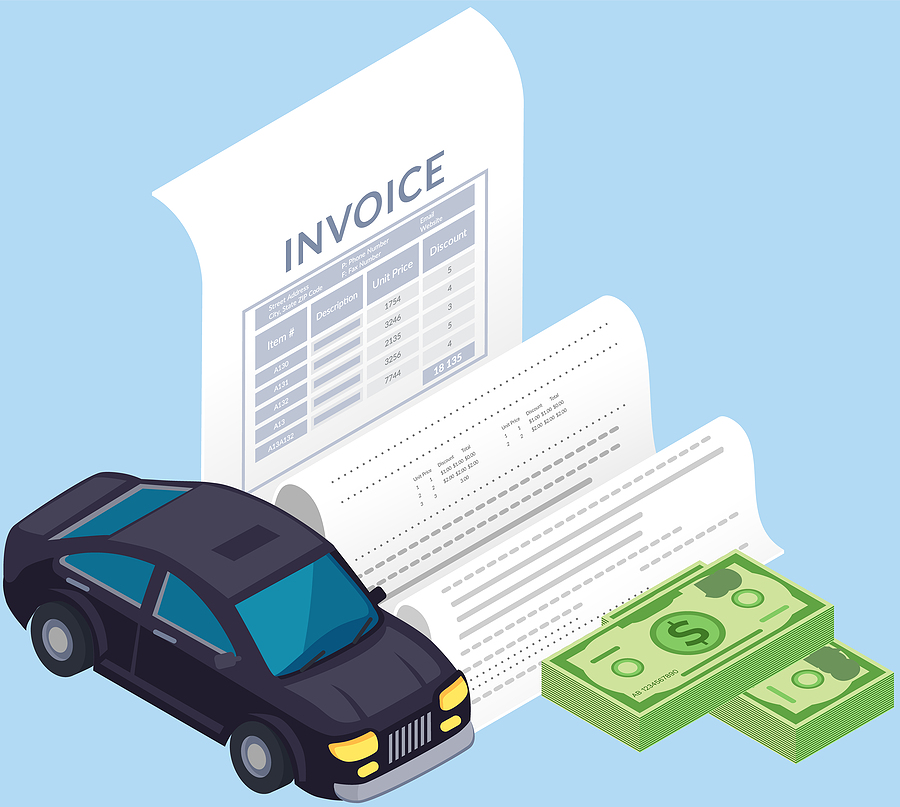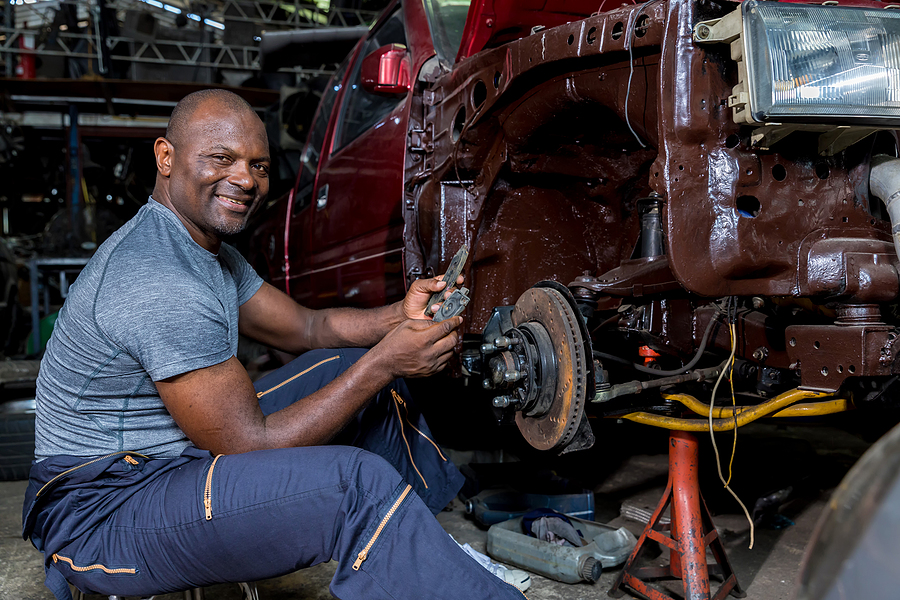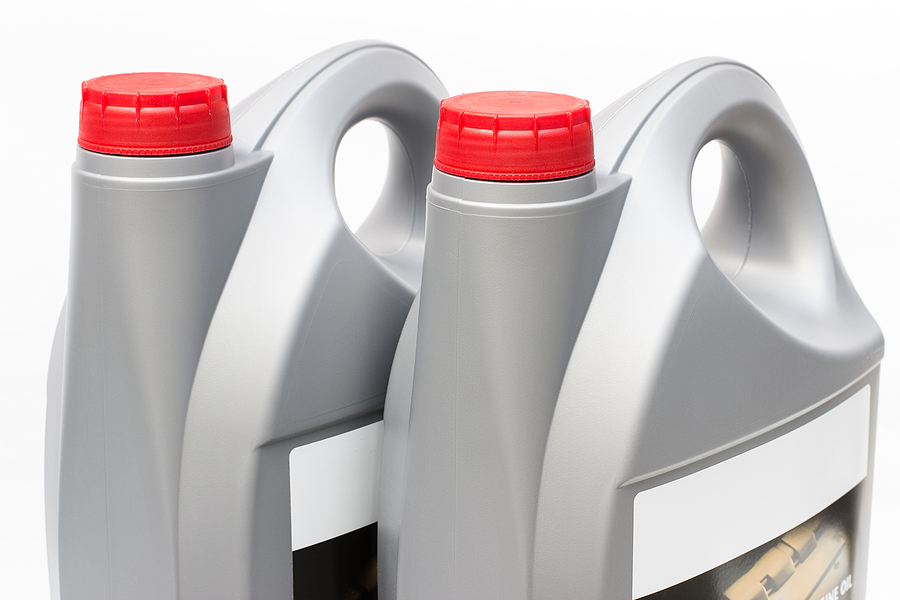Imagine you’re driving, music playing in the background, thoughts meandering to the plans for the weekend, and suddenly, your car decides to throw a wrench into your well-laid plans—a breakdown, out of nowhere! It’s an inconvenient reality for any motorist, and whether you’re a seasoned driver or a beginner behind the wheel, the sudden halt can send anyone into a panic. But fear not!
This post is here to equip you with the knowledge and steps to handle such unanticipated hitches with ease. From assessing the situation calmly to getting back on the road safely, we’ll guide you through the essentials of managing a car breakdown without breaking a sweat. Let’s dive in!

Steps to Take After Your Car Breaks Down
Stay Calm and Assess the Situation
The first and most vital step is to stay relaxed and gauge the situation. Panicking can fog up your judgment and lead to poor decisions, causing more harm than good. Take a deep breath, turn on your hazard lights, and pull over to a safe spot away from traffic. If you’re on a highway, try to reach the nearest exit or a rest area. Once you’ve stopped, turn off your engine and step out of the car to inspect it.
Check for Warning Signs: Look for any warning lights on your dashboard that may indicate what’s wrong with your vehicle. It could be an issue with the engine, battery, or any other component.
Listen for Unusual Sounds: If you hear any strange sounds like grinding, clicking, or knocking, it’s a sign that something may be wrong with your car.
Smell for Strange Odors: A burning smell could indicate an overheated engine or electrical issues. A sweet smell could mean a coolant leak.
Contact 911 if Necessary
If the situation seems dangerous or out of your control, immediately call 911 emergency services. In case of an accident, injuries, or if you’re stuck in a remote area, it’s best to seek professional help from paramedics and police officers. You can also reach out to your roadside assistance provider for guidance and support.
Take Proper Safety Measures
If you’re unable to move your vehicle off the road or if it’s nighttime, make sure you and your passengers are safe by taking the necessary precautions:
Inform Someone of Your Whereabouts: If you’re stranded in an unfamiliar location, make sure to inform a friend or family member of your whereabouts.
Use Reflective Triangles or Flares: Place them a few feet behind your car to warn other drivers of your presence.
Stay Away from Traffic: Stay on the side of the road and avoid standing in front of or behind your vehicle.
Contact Roadside Assistance: If you have any emergency tools like a spare tire or jack, try to fix the issue yourself. But if you are not confident, have no idea what’s wrong with your vehicle, or don’t have the necessary tools, it’s best to contact a roadside assistance service.
Call a Towing Service: If your vehicle is not drivable, contact a towing company and have your car towed to your home or to a reputable auto repair shop.
Diagnose Your Automotive Problem
If you cannot determine the cause of the breakdown, you will need to have it checked out and repaired by a licensed mechanic. Here’s what to expect from that process:
Describe the Problem: When you contact a mechanic, be sure to describe your vehicle’s issue in detail. This information can help them diagnose and fix the problem quickly.
Ask for an Estimate: Ask for a rough estimate of how much it will cost to fix the issue before starting any repairs. This way, you can avoid any unexpected costs.
Request Regular Updates: While your car is being repaired, request regular updates from the mechanic. This will keep you informed of the progress and any additional issues that may arise.
Prepare for Future Breakdowns
A car breakdown can happen to anyone at any time, so it’s essential to be prepared. Here are some tips to avoid and handle future automotive breakdowns:
Regular Maintenance: Get your car serviced regularly and keep up with routine maintenance, like oil changes, tire rotations, and more.
Carry Emergency Supplies: Keep an emergency kit in your car with items like a first aid kit, flashlight, spare tire, and jumper cables.
Be a Good Driver: Avoid aggressive driving and follow traffic rules to reduce the risk of accidents or breakdowns.
In Summary
A car breakdown can be a stressful experience, but with the right knowledge and preparation, you can handle it calmly and safely. Remember to stay calm, assess the situation, contact emergency services if needed, take safety measures, and get your car diagnosed and repaired by a professional. And most importantly, don’t forget to prepare for future breakdowns by regularly maintaining your vehicle and carrying necessary emergency supplies. With these tips in mind, you’ll be well-equipped to navigate any sudden car breakdown without any panic.
Are you looking for dependable and affordable automotive diagnostics for a sudden car breakdown? Contact Northeast Auto Service at 317-475-1846 for professional automotive service and repair in Indianapolis, Indiana. Request a free estimate, or schedule service, today.
Related Posts:
My Car Broke Down! Now What? A Comprehensive Guide
Top 4 Reasons Why Your Car Won’t Start
How to Diagnose and Solve Common Auto Electrical Problems

